Keywords: Right To Choose
There are more than 200 results, only the first 200 are displayed here.
-
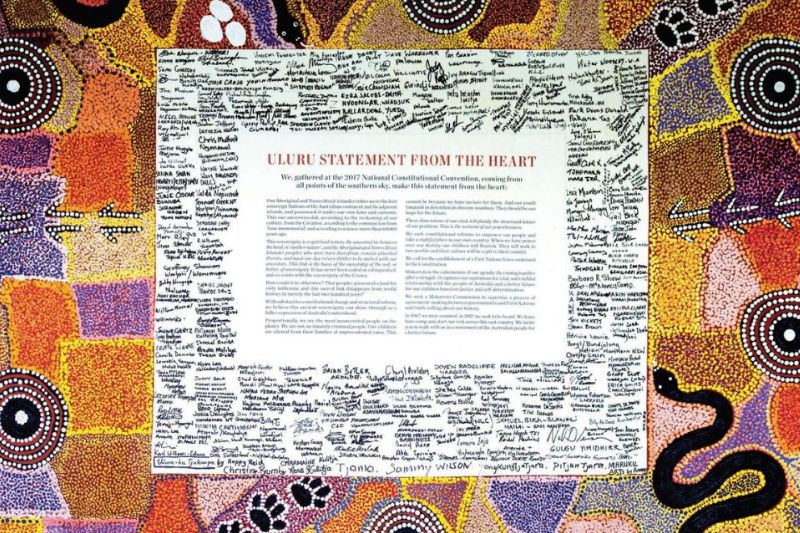
AUSTRALIA
- Glenn Loughrey
- 14 December 2022
1 Comment
In reflecting upon the Statement from the Heart, we need to explore what it is, what it is not, and how it works. The creative dynamic of the Statement is that it is a tool of justice and heart-healing. It is restorative justice writ large, involving the elements that make up the process leading to a resolution of the past and a creative response to the future by enacting justice in the present.
READ MORE 
-
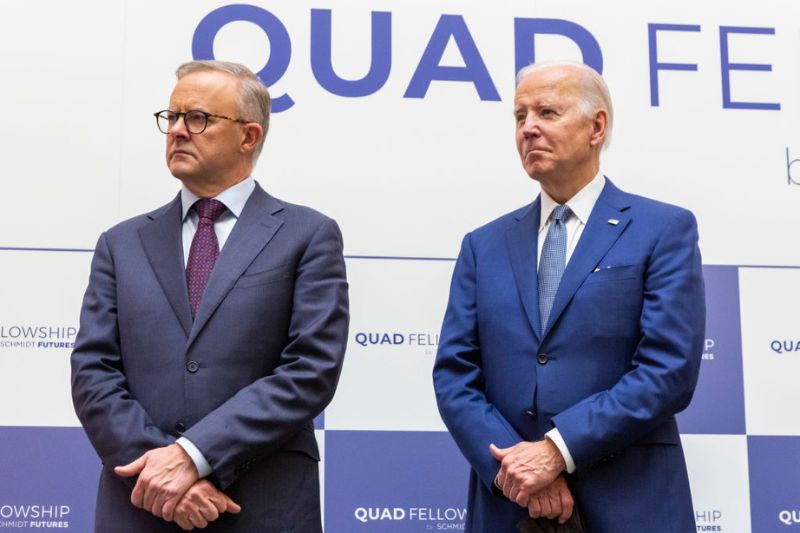
AUSTRALIA
- Andrew Hamilton
- 01 December 2022
4 Comments
Emotional intelligence is one of those terms that is hard to define. They take their meaning from people whom we think certainly possess it and those whom we think certainly lack it. In the aftermath of the Victorian election we might also ask whether it matters if political leaders have emotional intelligence or not. Will it help them win elections or contribute to their defeat?
READ MORE 
-

ARTS AND CULTURE
- Emma Wilkins
- 01 December 2022
University students across the country are using so-called ‘study’ sites to buy essays and answers for online assessments. Australia’s academic integrity regulator has since blocked scores of sites, but there are still work-arounds; experts say the problem is likely worse than we realise, and almost impossible to solve.
READ MORE 
-
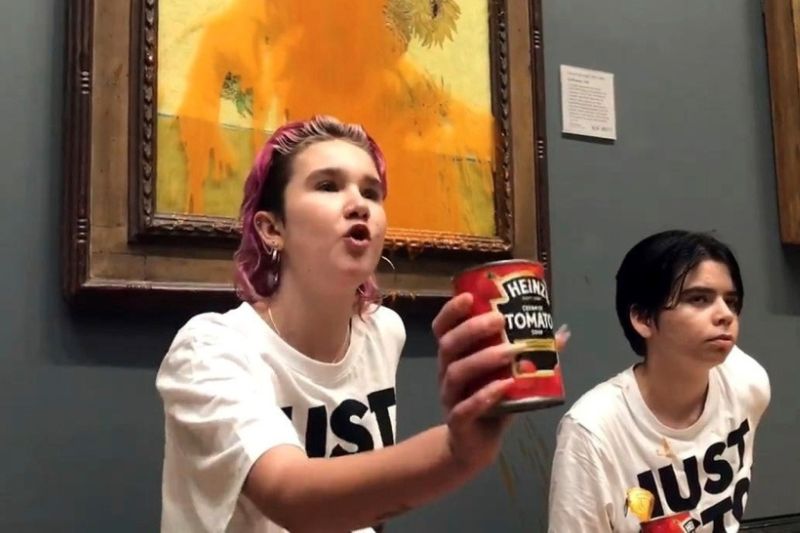
INTERNATIONAL
- Andrew Hamilton
- 02 November 2022
2 Comments
The campaign against global warming has been heating up, and the latest protests have focused on works of art. Like the burning of books, assaults on paintings seemed to express contempt for human culture at its noblest. But as more details became public, the reality seemed more complex.
READ MORE 
-

RELIGION
- John Warhurst
- 13 October 2022
13 Comments
Freedom of religion, a matter of national interest still to be resolved successfully in the Federal Parliament, has yet again become a focus for the nation’s football codes. The Essendon controversy has demonstrated how it is issues with a religious-cultural component, not economic issues, which most polarize our society and are the most difficult for politics to resolve harmoniously.
READ MORE 
-
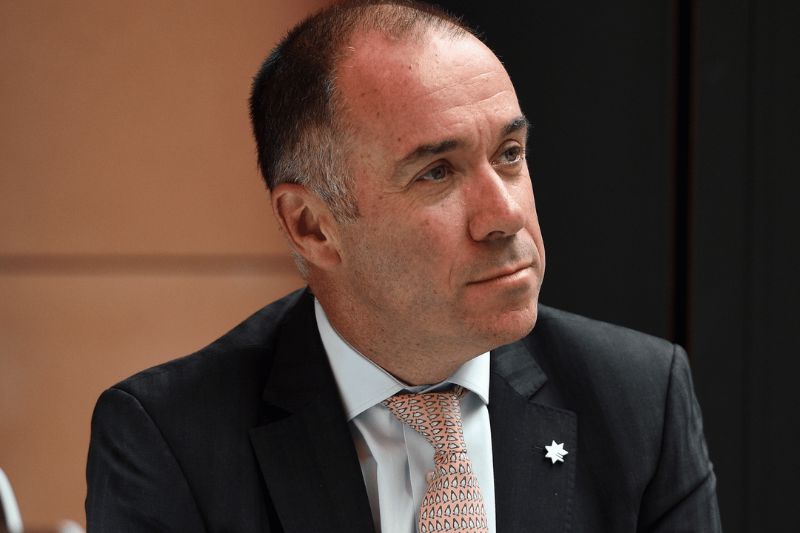
AUSTRALIA
- Chris Middleton
- 10 October 2022
18 Comments
It is highly doubtful that the Essendon Football Club appreciated the reaction that would occur when it presented its new CEO, Andrew Thorburn, with the option of giving up his role as a lay leader in the City on a Hill Anglican Church or resigning from his role with the Club. Even if many were uneasy about how the issue was caught up in the culture wars, it caused widespread concerns amongst people of faith.
READ MORE 
-
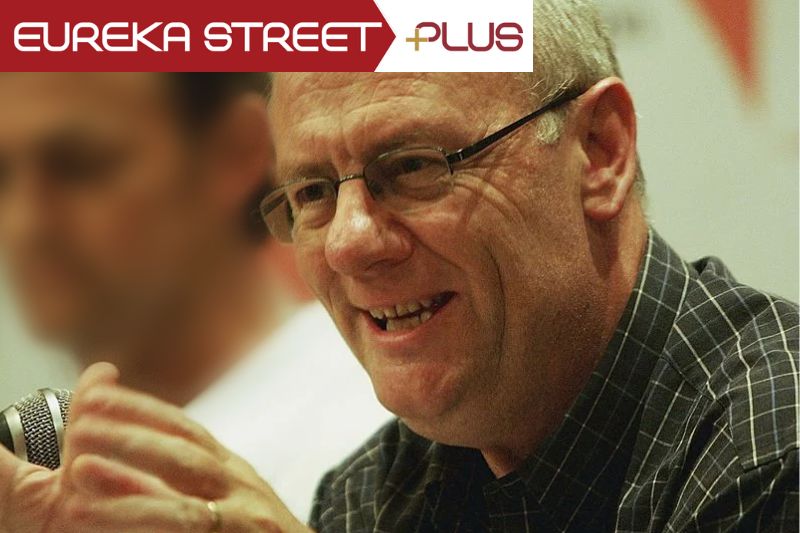
AUSTRALIA
- Barry Gittins, Tim Costello
- 07 October 2022
1 Comment
Reverend Tim Costello's informal status as a nagging conscience to many Australian governments, including the Howard government in which his brother Peter served as federal treasurer, was formally acknowledged when the National Trust of Australia chose him as a ‘National Living Treasure’. Barry Gittins speaks to Tim Costello about the nature of power, and its place and exercise in public life.
READ MORE 
-
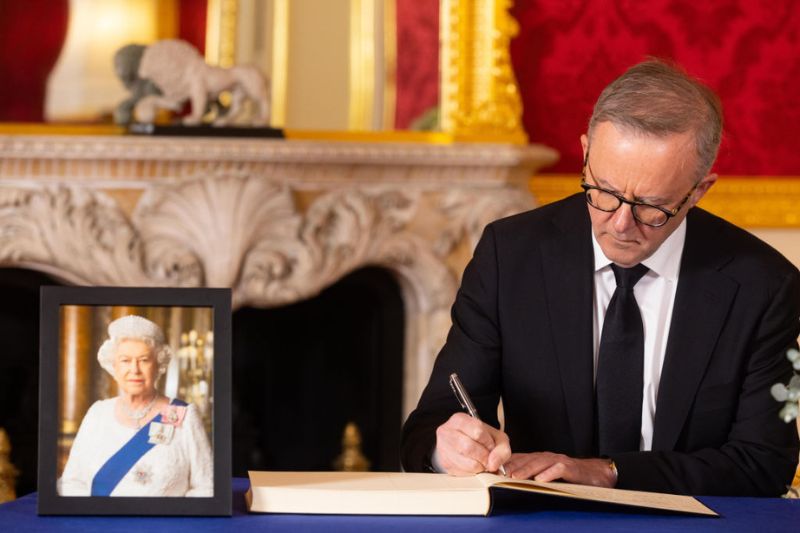
AUSTRALIA
- Julian Butler
- 06 October 2022
4 Comments
There is no popular groundswell for constitutional change in the direction of a republic just at this moment. The parliamentary recess, the proclamation by the Governor General of our fealty to the new King, and the public holiday were all a bit embarrassing. The parade being over, we can go back to gawking at the Royal Family much like Americans do. The question of what monarchy means for us feels best left alone for a while.
READ MORE 
-

ECONOMICS
- David James
- 03 October 2022
5 Comments
For Europe, especially Germany, there should be enough gas in storage to limp through winter but by next spring there may be severe trouble. The leaders of Europe and the United States expected that they would win the economic war against Russia and force the invader to withdraw. Not only did that not happen, it is likely to lead to severe unintended economic consequences.
READ MORE 
-

AUSTRALIA
- Andrew Hamilton
- 15 September 2022
3 Comments
To say that democracy is under threat is now a truism. And to sustain democracy is a complex task. People need to believe in it and experience its benefits. This demands a deep grounding, founded on our shared human dignity and on our shared responsibility to shape our own lives within the community on which we depend.
READ MORE 
-
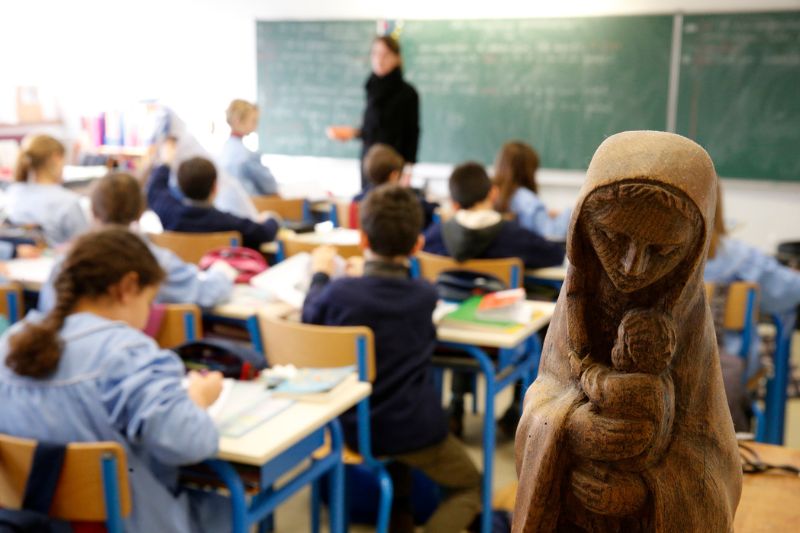
RELIGION
- John Warhurst
- 23 August 2022
18 Comments
The successful implementation of the spirit and the letter of the Plenary Council must involve the Catholic education sector. Catholic schools, meaning students, parents, staff members and governing bodies, are one of the most vital sectors of the church along with the health sector. They must be convinced to engage with and support the reform outcomes of the Plenary Council.
READ MORE 
-
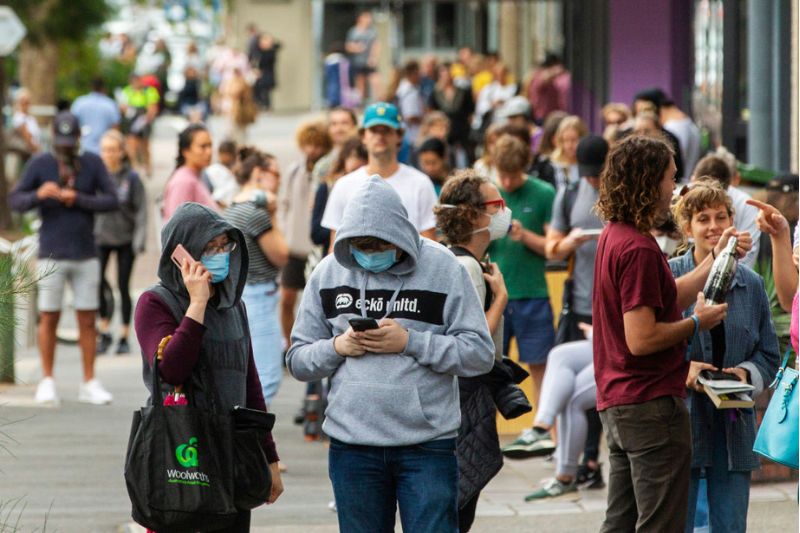
AUSTRALIA
- Barry Gittins
- 03 August 2022
1 Comment
History has repeatedly shown us that what gets us through a crisis, what helps us to recover and rebuild, is responding to it with prosocial behaviour ― working together, starting with our communities at the local level, and from there building mutually supportive relationships at and across every level of society.
READ MORE 